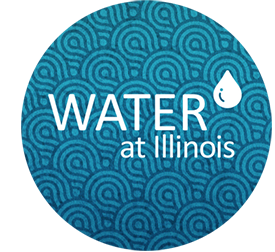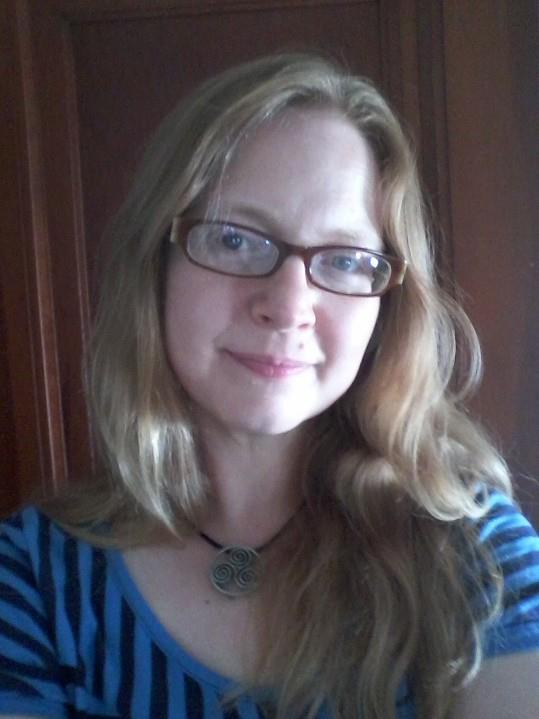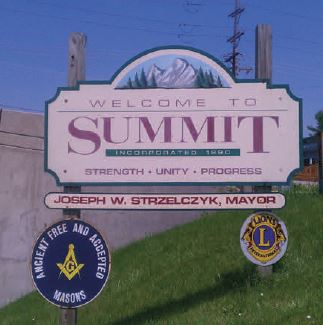The Superfund Research Program (SRP) will present a webinar “TCE, PCBs, and Phthalates – Exposure, Mechanisms of Disease, and Clean-Up Remedies” from noon-2 p.m. CST Monday, Aug. 24.
The webinar is part of SRP’s Progress in Research webinar series which highlights promising research from two SRP Centers.
Researchers at the Northeastern University SRP Center are studying chlorinated solvents and phthalates, contaminants that could be linked to high preterm birthrates in Puerto Rico.
The University of Kentucky SRP Center explores how nutrition and exercise might offer protection from polychlorinated biphenyl (PCB) toxicity and are developing new sustainable remediation approaches using nanotechnology.
“An Updated Look at PCBs” was recently published by the Prairie Research Institute, stemming from a scientific workshop held on Sept. 17, 2014.









